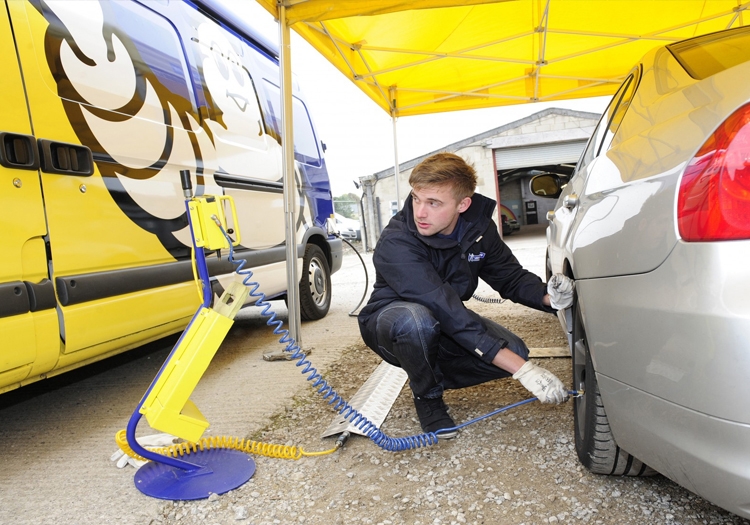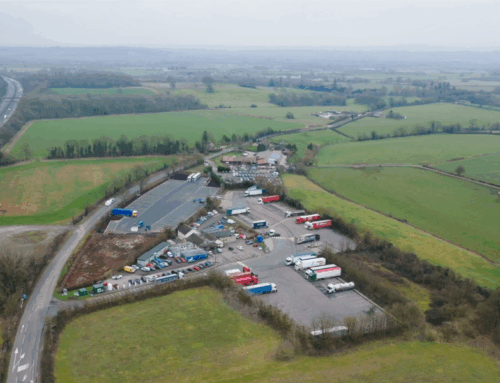Following on from my post about the Tyresafe Briefing earlier this month which outlined how the core message for this year’s tyre safety month would be the problem of under-inflated tyres, Michelin, a Driving for Better Business champion, is advising businesses that the cost of this widespread and worrying practice is increasing.
Research by TyreSafe found that 57% of tyres are underinflated by at least 4psi which is more than 10% for most cars and car-derived vans, and just under 10% for most larger vans. While underinflation obviously has safety implications – the vehicle is likely to handle unpredictably and perform much worse when stopping or cornering – it can have a big impact on fuel use.
Michelin’s Head of Fleet, Jonathan Layton, explains: “Driving on tyres just a few psi below the manufacturer’s recommended pressures will reduce a vehicle’s fuel efficiency on every single journey. As fuel costs rise, the impact of this under-inflation is pushing running costs higher.
“A lot of fleet drivers routinely monitor their average fuel consumption via the dashboard display, and many will even be aware of small differences between journeys. Just imagine how much UK businesses could save if drivers paid as close attention to their tyre pressures as they did to their mpg readout.
“Maintaining accurate tyre pressures is a small but simple step to improving fuel efficiency, maximising vehicle safety and reducing carbon emissions,” he adds.
Michelin’s own research from the past 10 years reinforces the TyreSafe findings and also points out that half of those driving on underinflated tyres are doing so with tyres at dangerous levels – underflated by more than 8psi or 20% under-inflated. This should be a real safety concern for any business that needs cars or vans to operate.
The extra cost of under-inflated tyres
Testing done by Michelin showed that a tyre under-inflated by 20% will wear out 20% faster meaning that an average tyre life of 25,000 miles is reduced to 20,000 miles before needing to be replaced.
Because under-inflated tyres mean greater fuel use, Michelin is also warning businesses to beware that this cost is important from another front. According to the AA fuel report, the average cost of petrol and diesel has risen by 13.9% and 14.5% respectively. So your vehicles may be using more fuel, and the fuel is getting more expensive.
So, in addition to being unsafe, any of your vehicles that have under-inflated tyres mean they are using more fuel, and you’re having to replace tyres sooner than normal which could be costing your business hundreds of pounds a year for each vehicle.
What you can do
- Make sure all your drivers have a copy of your Safe Driving Policy, or a driver handbook that clearly spells out the importance of safe tyres running at the correct level of inflation, and that encourages regular vehicle checks – tyre pressures should be checked at least once a month. If stopped with tyres that are so under-inflated the police think the vehicle is unsafe to drive, your driver could receive a fine of up to £2500 and 3 penalty points per tyre.
- Share this link with your drivers which explains how the wrong tyre pressures can affect their safety.
Michelin Tyre Pressure Safety Guide - Vehicle checks for vans and commercial vehicles are even more important as they will probably be doing much higher mileage, so small issues become big problems much more quickly. Daily vehicle checks, including tyre condition, are essential.
- Make sure your management systems can pick up when tyres are being replaced sooner than you would expect or that drivers are using more fuel than you would expect. You could find it saves you a significant sum of money.





